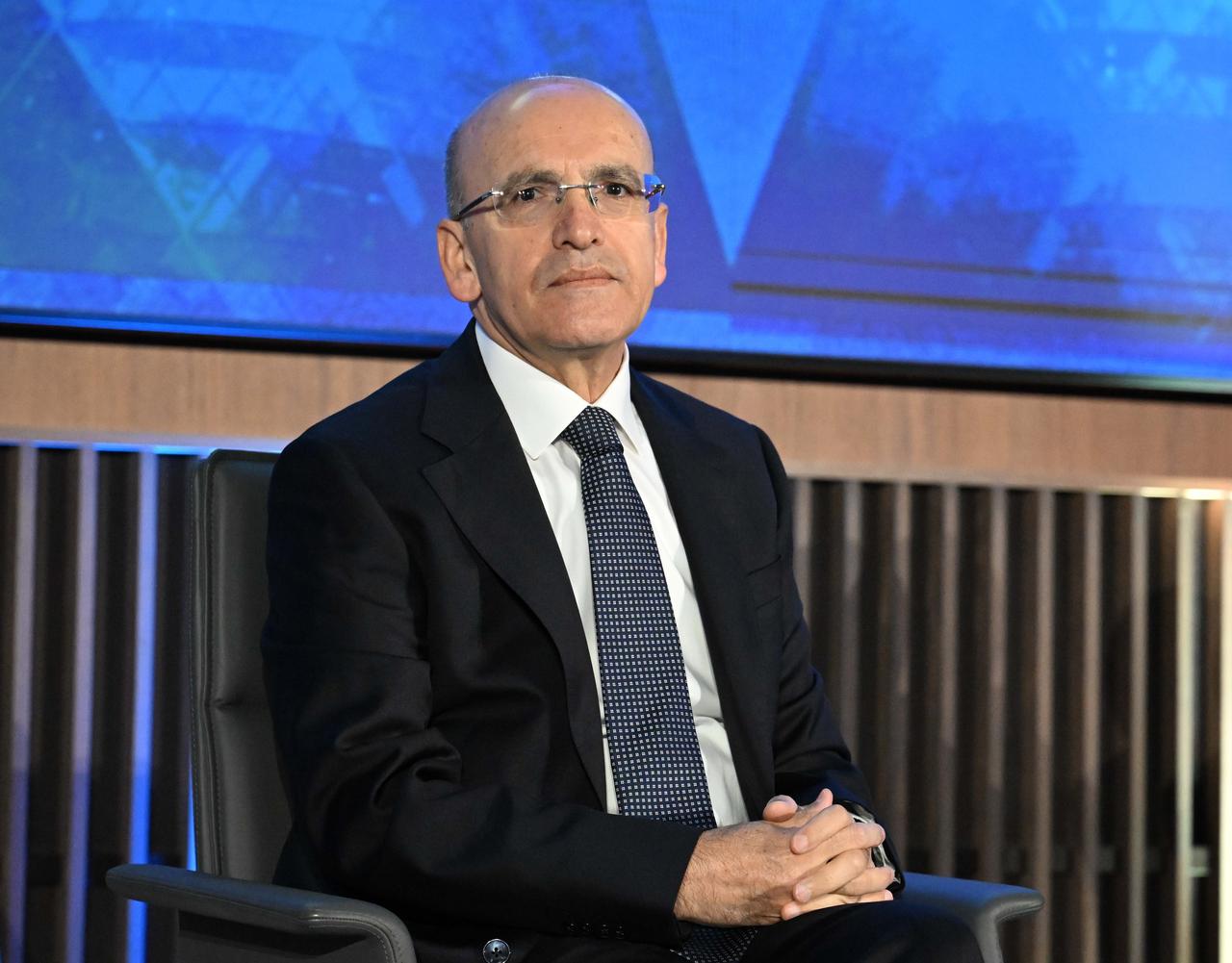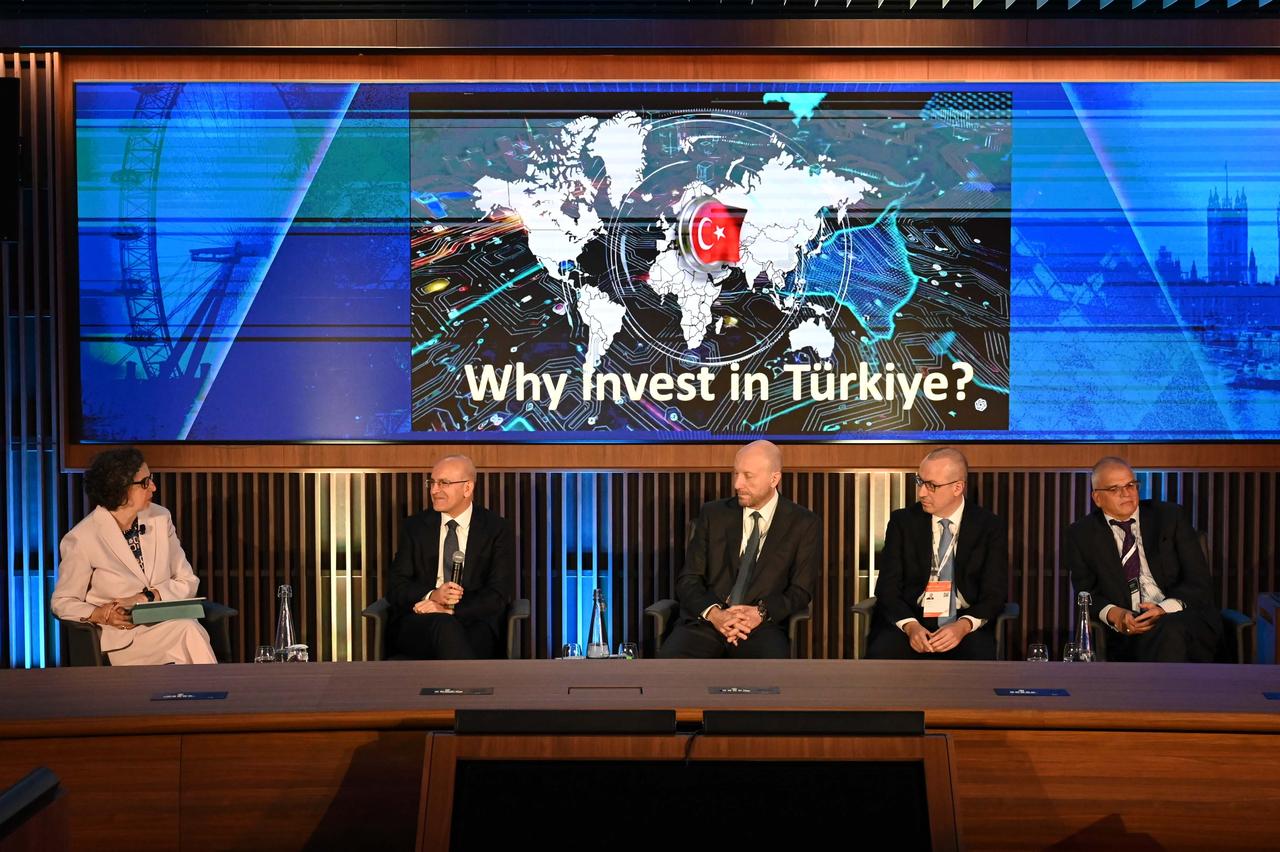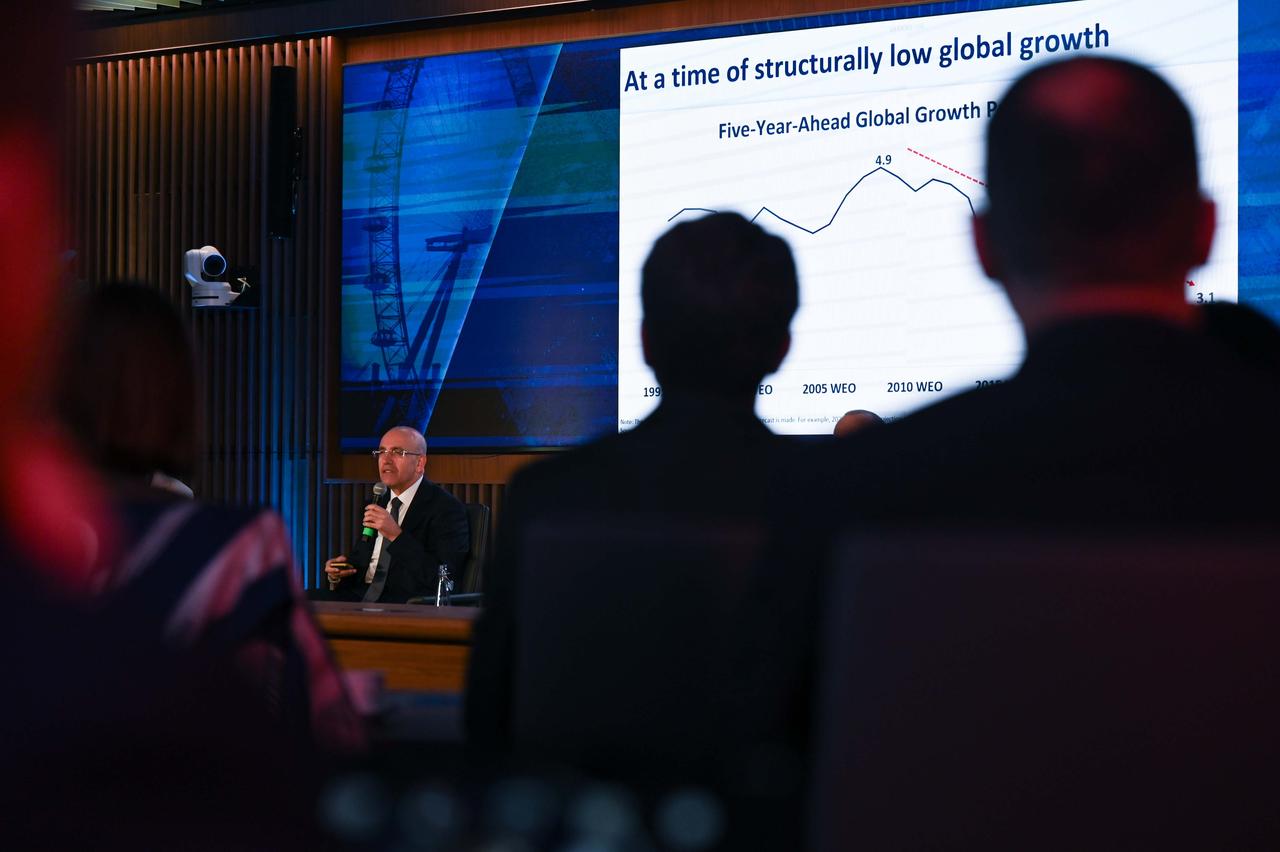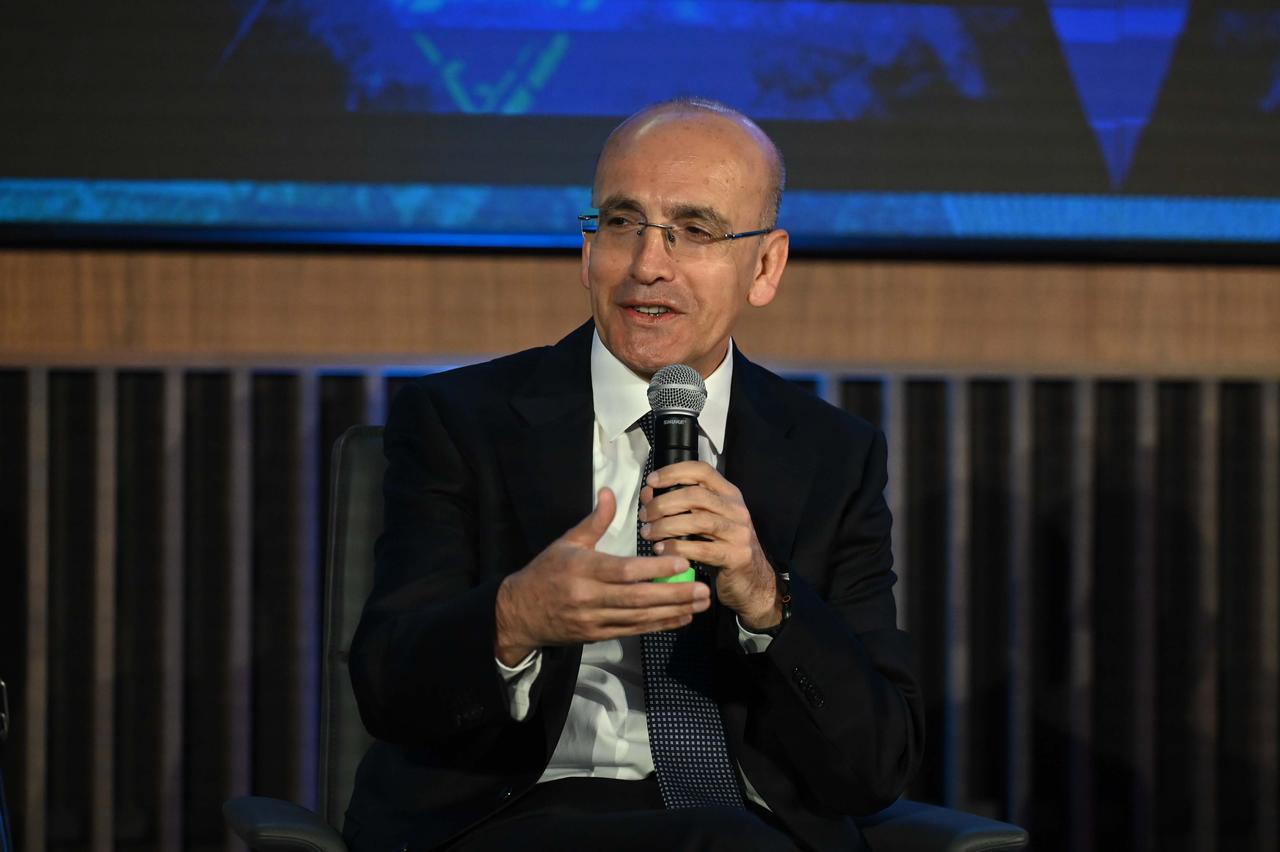
Türkiye is entering a new chapter of stability and national welfare following recent announcements that the terrorist organization PKK will begin dissolving itself, Turkish Finance Minister Mehmet Simsek said on Wednesday.
Speaking at the European Bank for Reconstruction and Development (EBRD) Annual Meetings in London, during a panel moderated by EBRD Türkiye and Caucasus Managing Director Elisabetta Falcetti, Simsek said the development could unlock significant economic potential across Türkiye’s eastern and southeastern regions.
“This is a positive turning point,” Simsek said. “We will no longer spend our energy on fighting terrorism. We will use our resources to rebuild the east and southeast of Türkiye—this region will become the new engine of growth.”

The PKK has carried out terrorist attacks against Türkiye since 1984. The terrorist group has targeted civilians, security forces, and infrastructure—particularly in the southeastern provinces—throughout this period with deadly assaults. According to official estimates, the financial cost of decades of combating PKK terrorism is estimated at $1.8 trillion.
In early May, senior PKK members announced that the terrorist group would initiate a dissolution process in response to a call from its imprisoned ringleader, Abdullah Ocalan.
Simsek stressed that sustained stability would benefit not only Türkiye but also the wider region, including Syria and Iraq. “Stability brings prosperity. Everyone benefits from it,” he said. “It will help revitalize the region and strengthen Türkiye’s democratic progress and international image.”
Simsek emphasized Türkiye’s strong macroeconomic fundamentals, with GDP at $1.3 trillion and a population of 86 million. Per capita income reached $15,000 in 2023, and the country averaged over 5% annual growth from 2003 to 2024.

While short-term growth has slowed due to inflation-fighting measures, Simsek maintained that the long-term outlook remains positive. “The future of Türkiye’s long-term economic growth remains bright,” he said, adding that Türkiye is committed to structural reforms and fiscal discipline.
He also pointed out that the country's public debt is at 92% of GDP—far below the 245% average in emerging markets—and the country has invested over $300 billion in infrastructure over the past 25 years. Digital infrastructure is now a national priority as Türkiye prepares to integrate artificial intelligence into its economic base.
Simsek also highlighted Türkiye’s increasing diplomatic and strategic role, including its efforts to mediate between Russia and Ukraine, support post-conflict normalization in the South Caucasus, and contribute to stabilization efforts in parts of Africa.
On the side of relations with the European Union, Simsek asserted that Türkiye’s economic integration with the EU remains strong, despite stalled political negotiations. He noted that modernizing the Türkiye-EU Customs Union could double bilateral trade to €400 billion ($448.85) within a decade.

On global trade dynamics, Simsek warned against the consequences of rising protectionism. He pointed out that 62% of Türkiye’s exports go to countries with which it has free trade agreements and noted that the country’s service sector—accounting for 10% of GDP—is more resilient to global trade restrictions.
Simsek reported steady disinflation progress, with inflation falling from a peak of 75% to 38%. Declining oil prices and a favorable euro/dollar exchange rate have supported this trend. He said the government’s Medium-Term Program, anchored in price stability and structural reforms, is showing results.
“Financial conditions remain tight, and our current account balance—excluding gold—is in surplus,” Simsek said. “We are focused on maintaining discipline. The program is working.”

Türkiye is also reducing its external financing needs and supporting small and medium-sized enterprises (SMEs) through targeted financial measures. Simsek added that the labor market remains strong, with unemployment at a 20-year low.
Meanwhile, Cevdet Akcay, Deputy Governor of the Central Bank of the Republic of Türkiye (CBRT), concluded the session by emphasizing the continuation of tight monetary policy. “Do not assume disinflation will be cost-free; it could be low or high—we don’t know for sure,” Akcay said. “But for the first time, I believe we are experiencing real disinflation in the literal sense of the word.”
He said the central bank is rebuilding foreign exchange reserves and restoring the monetary transmission mechanism. “The more credible our disinflation strategy becomes, the less it will hurt growth,” Akcay noted. “We’ll need to keep policy tight for a little longer.”
As part of its disinflation efforts, the CBRT raised its benchmark interest rate to 46% in its most recent meeting, delivering a 350 basis point hike to counter renewed inflationary pressures. Despite Türkiye’s inflation extending its decline for the 11th consecutive month in April, the pace of deceleration slowed. Official figures showed annual consumer inflation eased only slightly to 37.86%, down from 38.10% in March, indicating persistent price rigidity in key sectors.
Inflation had previously peaked at 75% in May 2024, prompting the central bank to raise its policy rate to 50% in response.